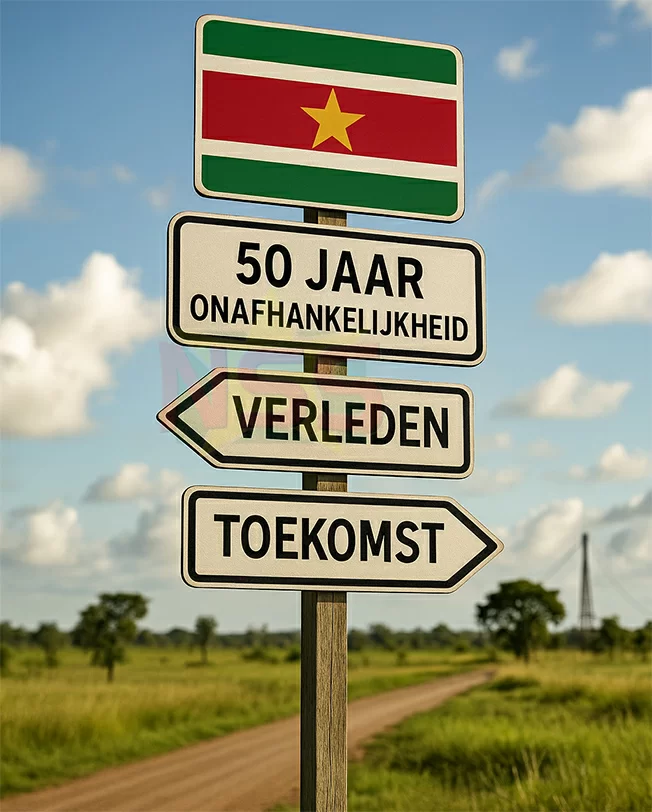As Suriname approaches its 50th anniversary of independence on November 25, the nation stands at a critical juncture. This milestone, known as ‘bigi yari,’ is not just a celebration but a moment for reflection on the country’s journey and the challenges that lie ahead. While the colonial past has left its mark, the current struggles are also a product of decades of divisive politics, short-term thinking, and party-centric governance. Despite these issues, Suriname remains resilient, a testament to the strength of its people rather than its political leadership. The nation now faces a pivotal opportunity with the burgeoning oil industry, which promises both immense potential and significant risks. The question is whether Suriname can seize this moment to chart a new course. The past fifty years of independence have been marked by a lack of clear direction, and the country can no longer afford improvisation. What is needed is a national development agenda that transcends political terms and party interests, anchored in legislation that requires a two-thirds majority to alter, ensuring future governments adhere to a unified vision. Civil society must also play a proactive role, holding leaders accountable and ensuring transparency, particularly in managing oil revenues for the benefit of all citizens. As Suriname celebrates this golden jubilee, it must move beyond symbolic gestures and embrace a collective commitment to shaping a better future. The nation does not need saving; it needs leadership guided by its best potential. The future lies not in the hands of politicians but in the people who are ready to take the reins and steer the country toward a brighter tomorrow.
